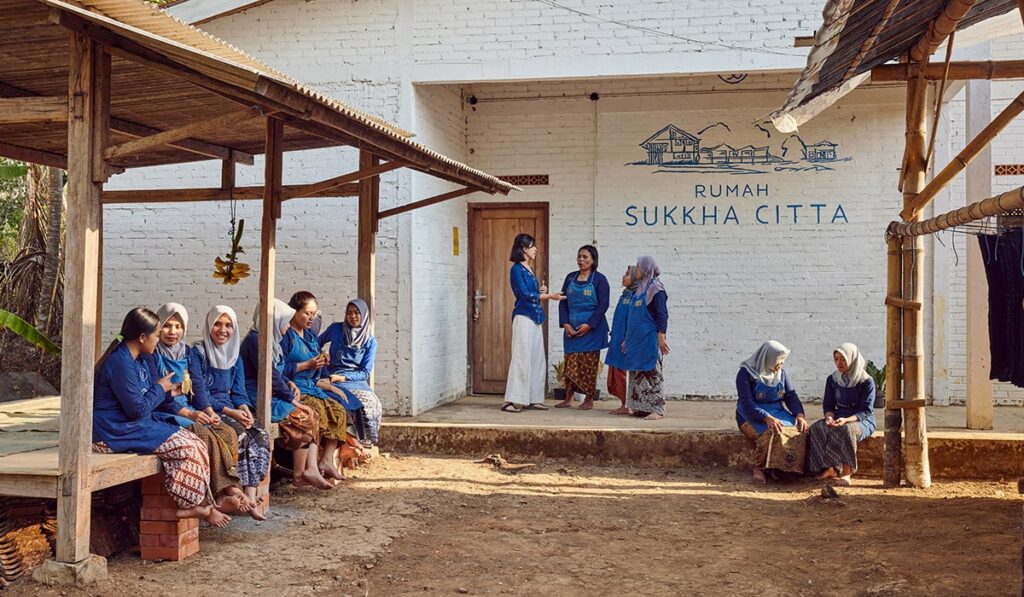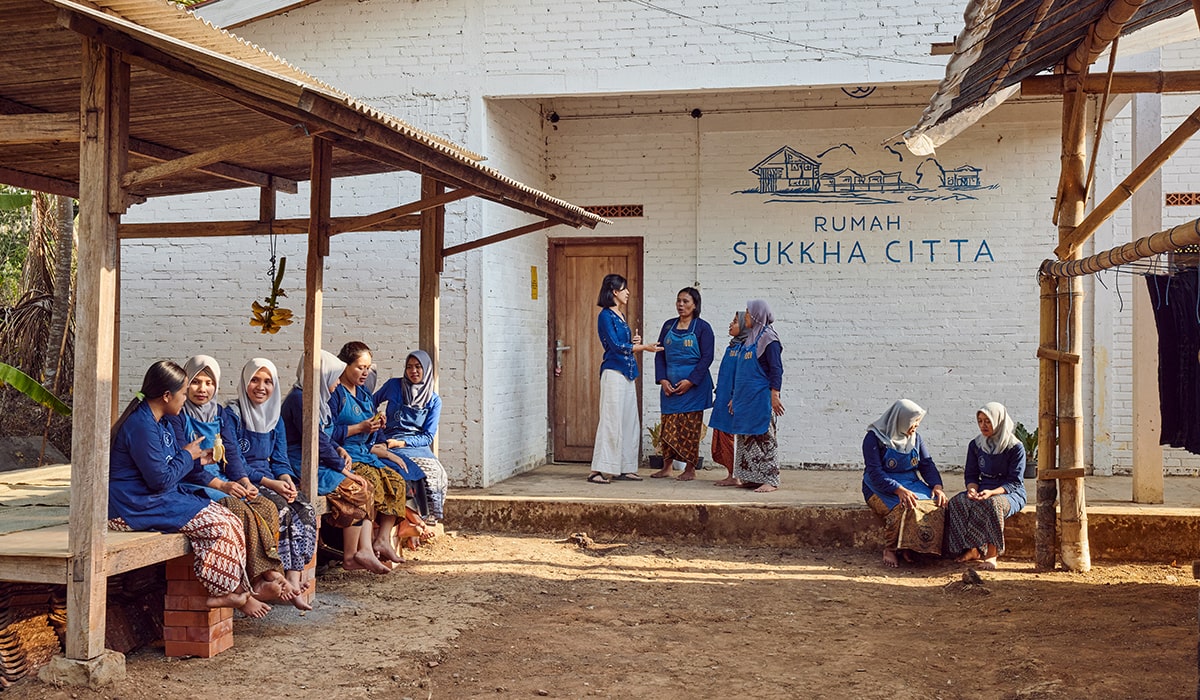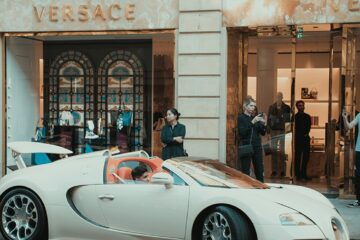Shaping the Future of Fashion: Denica Riadini-Flesch Wins the 2023 Rolex Award for Enterprise
In 2019, Rolex introduced the Perpetual Planet Initiative, a forward-thinking campaign committed to addressing pressing global challenges that confront humanity across diverse landscapes. Through this ambitious endeavour, the Rolex Awards for Enterprise honoured Denica Riadini-Flesch, an Indonesian entrepreneur, by selecting her as one of its distinguished laureates. Her innovative approach to transforming the fashion industry places her at the forefront of ecological and cultural regeneration.
Riadini-Flesch’s initiative challenges us to consider a critical question that is often ignored in today’s fast-paced world: How are our clothes made? In a world where the manufacturing and consumption of garments are often overlooked, she sought to reconnect us with the origins of our apparel — a path that led her to establish SukkhaCitta in 2016. Starting with just three women, SukkhaCitta has grown into a powerful example of how fashion can function as a catalyst for positive change, focusing on regenerative practices that restore ecosystems and uphold indigenous traditions.
Under Riadini-Flesch’s leadership, SukkhaCitta challenges the status quo of the fashion industry, which has become synonymous with exploitation and environmental degradation. She highlights a disturbing reality: 98% of women who make our clothes do not earn a living wage. Furthermore, the conventional methods of dyeing fabrics contribute significantly to water pollution, tainting rivers with the colours of the season’s latest trends. SukkhaCitta addresses these issues by utilizing natural dyes and sustainable materials, reducing the ecological footprint of their production processes.
The impact of SukkhaCitta extends beyond environmental concerns. With the support of the Rolex Award, the project has doubled the number of women who can learn crafts from master artisans, aiming to touch 10,000 lives by 2030. These artisans are not merely employees; they are guardians of heritage and pivotal agents of change within their communities. Riadini-Flesch’s approach fosters pride and self-reliance among rural populations, challenging the stigma that often shadows those living outside urban centres.
SukkhaCitta presents an alternative business model that contrasts sharply with the fast fashion industry. Riadini-Flesch questions the unsustainable consumption patterns encouraged by plummeting prices and disposable clothing. Instead, she advocates for a wardrobe that is smaller in size but richer in meaning and quality — garments that are designed to last and be passed down generation to generation.
This paradigm shift is not just about clothing; it’s about cultivating a more sustainable lifestyle and redefining the role of business in society. Riadini-Flesch believes that businesses should reach a point of sustainable operation and then focus on maintenance rather than unchecked growth, reflecting the finite nature of our environmental resources. This approach underscores the deep interconnection between business practices and the health of our planet.
Riadini-Flesch’s vision for SukkhaCitta is to become a blueprint for others around the world, inspiring communities to seek similar transformations. Her work is a testament to the power of combining traditional knowledge with innovative practices to not only create sustainable fashion but also to empower women and regenerate our planet. As we look toward the future, initiatives like SukkhaCitta remind us that change is possible, and fashion can indeed be a force for good.


























































































